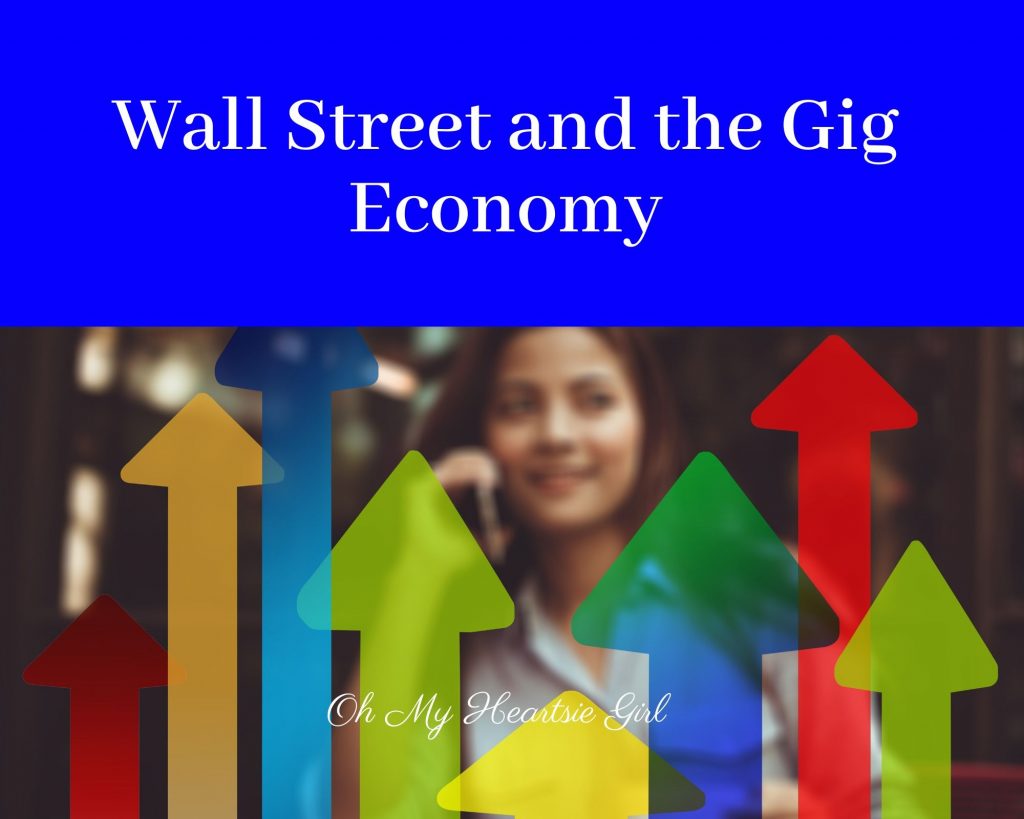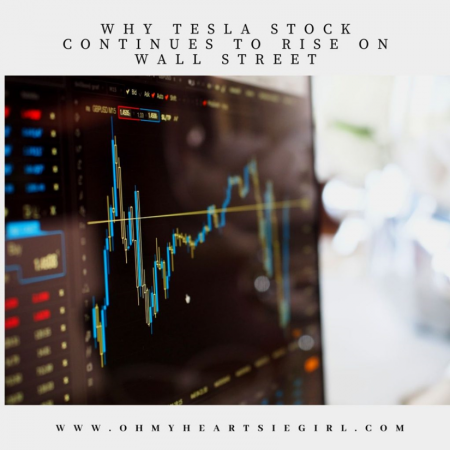Investing opportunities are sometimes hard to come by. Other times, an investment opportunity will scream out directly in your face. This is often the case for real estate investors when they look back on their decision to get into the property market.
Why should you buy into real estate?

Real estate is one of the fastest growing asset classes among retail investors, yet high net worth individuals have known of the power that real estate imbues a portfolio with for many generations. At a minimum, real estate holdings provide homeowners with a reliably growing bottom line valuation, as well as the vehicle for creating healthy dividend profits in the short term.
Many early-phase investors are wary of venturing out away from the shallows of the stock market, but real estate operates in much the same way that shares do. The only significant differences between the two are the increased buy-in price and the physical ownership of a property versus the quasi-intangible nature of company stock (or stock in an ETF, mutual, or index fund that’s another order of magnitude removed).
Fortunately, there are a number of mid-stream avenues that allow wary investors to dip their toes into the property market without shouldering the expanded risk of buying an individual property themselves.
REITs and other real estate funds are great ways to test the market.

The real estate market is a fundamentally versatile one. Investment firms like Yieldstreet, Blackrock, and others offer structured real estate funds to their clients in an effort to provide the same kind of quality dividend that a direct property owner might see as a return on their investment. The difference is that REIT owners don’t share in the same level of risk. Every investment opportunity contains some measure of risk; without it, there would be no profit. However, many first time property buyers find that risks are everywhere if you don’t carefully contain the sources of these profit-killing issues.
Tenants might refuse to pay rent, a property could require extensive unforeseen repair work that forces you to sell at a loss, or a pipe might burst, creating an emergency maintenance requirement that saps your monthly or yearly maintenance fund for the home. Any number of issues can plague a real estate investor.
Yet, fund owners, like those invested in Yieldstreet funds, are able to eliminate these direct threats to their profit. They do this by purchasing shares of a fund, blending hundreds or thousands of properties into one aggregated dividend producer (and smoothing out the individual knocks to profitability along the way). Yieldstreet is perhaps one of the best out there for blended residential and commercial property management.
Yieldstreet offers the Prism Fund as its shining contribution to investors looking for the ultimate in alternative investing opportunities. For more on Yieldstreet or the Yieldstreet Prism Fund, read a few reviews and Yieldstreet complaints.
Invest directly for increased profitability.

While a REIT can give you access to minimum risk, the real investing opportunity that gets property investors excited happens away from the stock market or fund network. Investing directly in property is the only way to see the lion’s share of returns.
However, there are some important considerations to make when going this route. You will need to work with local technicians in order to build solid relationships for maintenance requests. Building relationships with Fresno plumbing companies, or electricians working in the Fresno area, will help you keep your tenants happy and your costs low. Maintenance providers love working with landlords because they know that a good service will result in repeat business.
Building a solid business partnership with these service providers will help you get the repair work you need in a hurry and at a favorable price that will keep the returns pumping in.
Related:
Top Trends in Home Renovations
This post may contain affiliate links and I might receive compensation
if you make a purchase after clicking on a link.

 When it comes to finding success as an entrepreneur, there are a lot of factors to keep in mind. Entrepreneurs are constantly juggling a variety of priorities, from managing day-to-day operations to thinking big about the future and the places they can take themselves and their business. As such, it never hurts to have a little bit of mentorship in order to clarify your goals and what you want to achieve in life.
When it comes to finding success as an entrepreneur, there are a lot of factors to keep in mind. Entrepreneurs are constantly juggling a variety of priorities, from managing day-to-day operations to thinking big about the future and the places they can take themselves and their business. As such, it never hurts to have a little bit of mentorship in order to clarify your goals and what you want to achieve in life. The past few years have seen a major rise in a new industry: the gig economy. People are empowered to be self-employed with easy access to jobs like Uber, Lyft,
The past few years have seen a major rise in a new industry: the gig economy. People are empowered to be self-employed with easy access to jobs like Uber, Lyft,  The first quarter of 2020 has seen some volatile activity in the way market trends are swinging back and forth. But there are a few companies who seem to be almost immune to the peaks and valleys that are showing up more frequently than ever on Wall Street these days. One such company, Tesla, is currently on its 7th-session winning streak on the market.
The first quarter of 2020 has seen some volatile activity in the way market trends are swinging back and forth. But there are a few companies who seem to be almost immune to the peaks and valleys that are showing up more frequently than ever on Wall Street these days. One such company, Tesla, is currently on its 7th-session winning streak on the market.